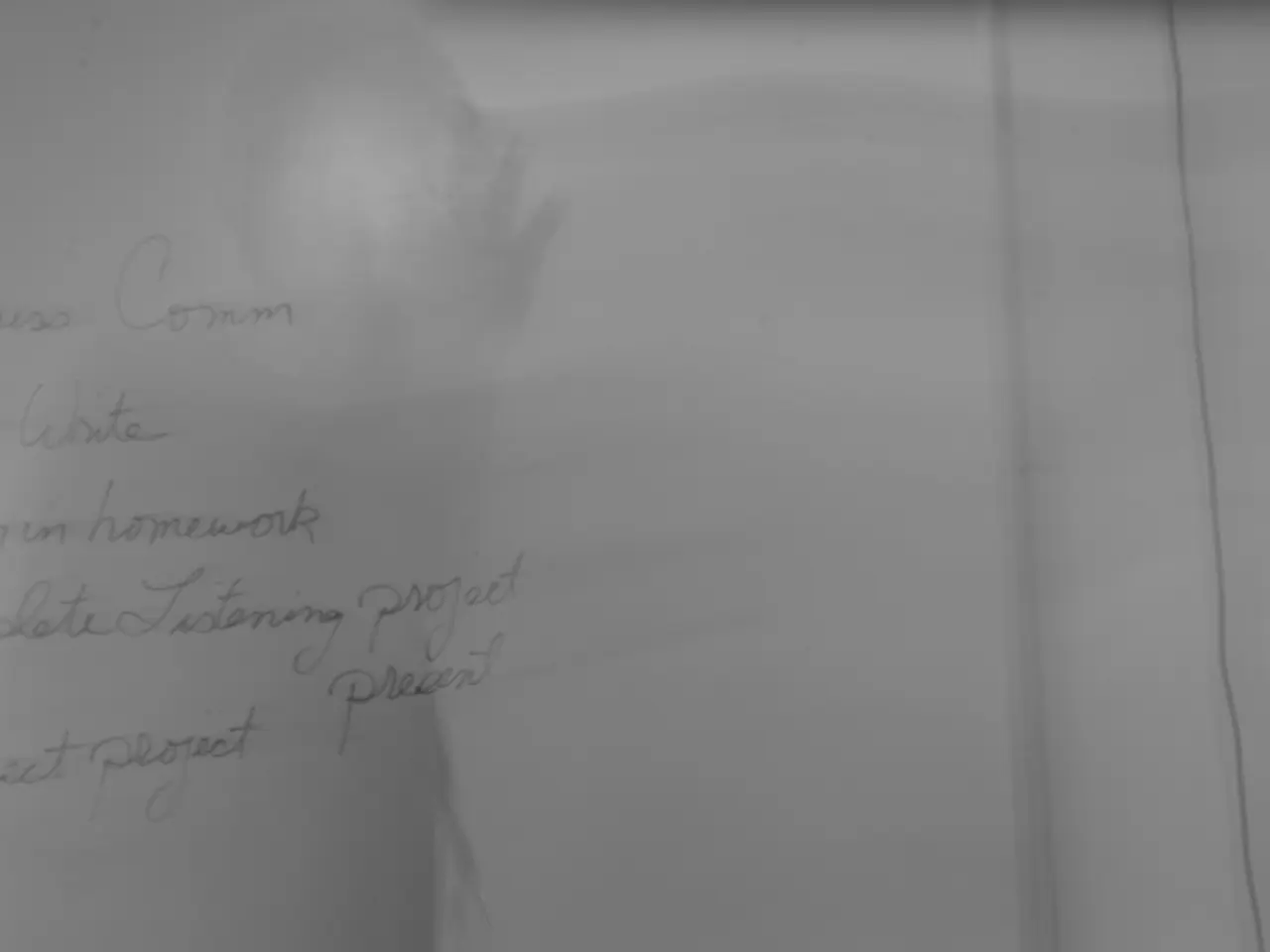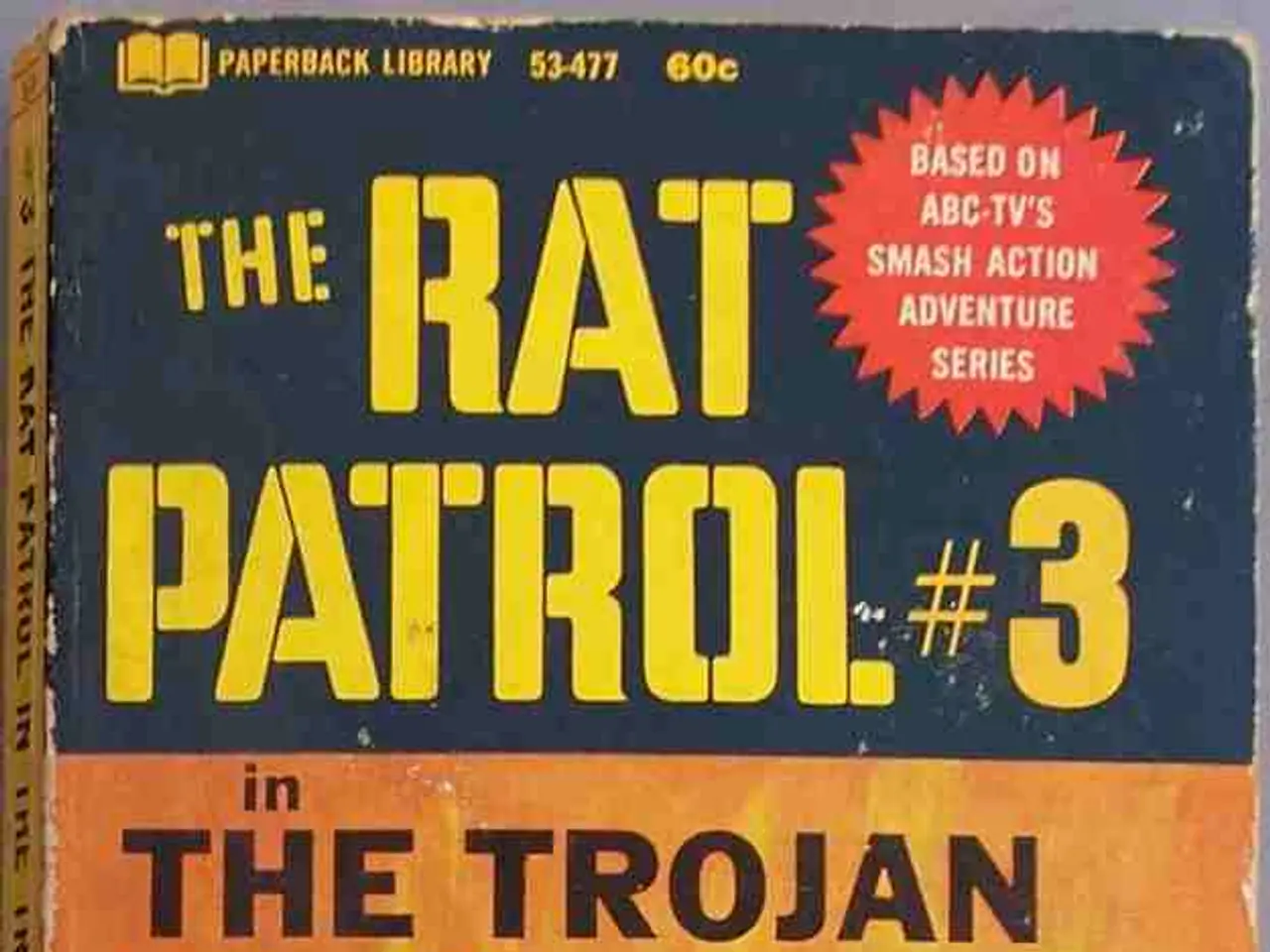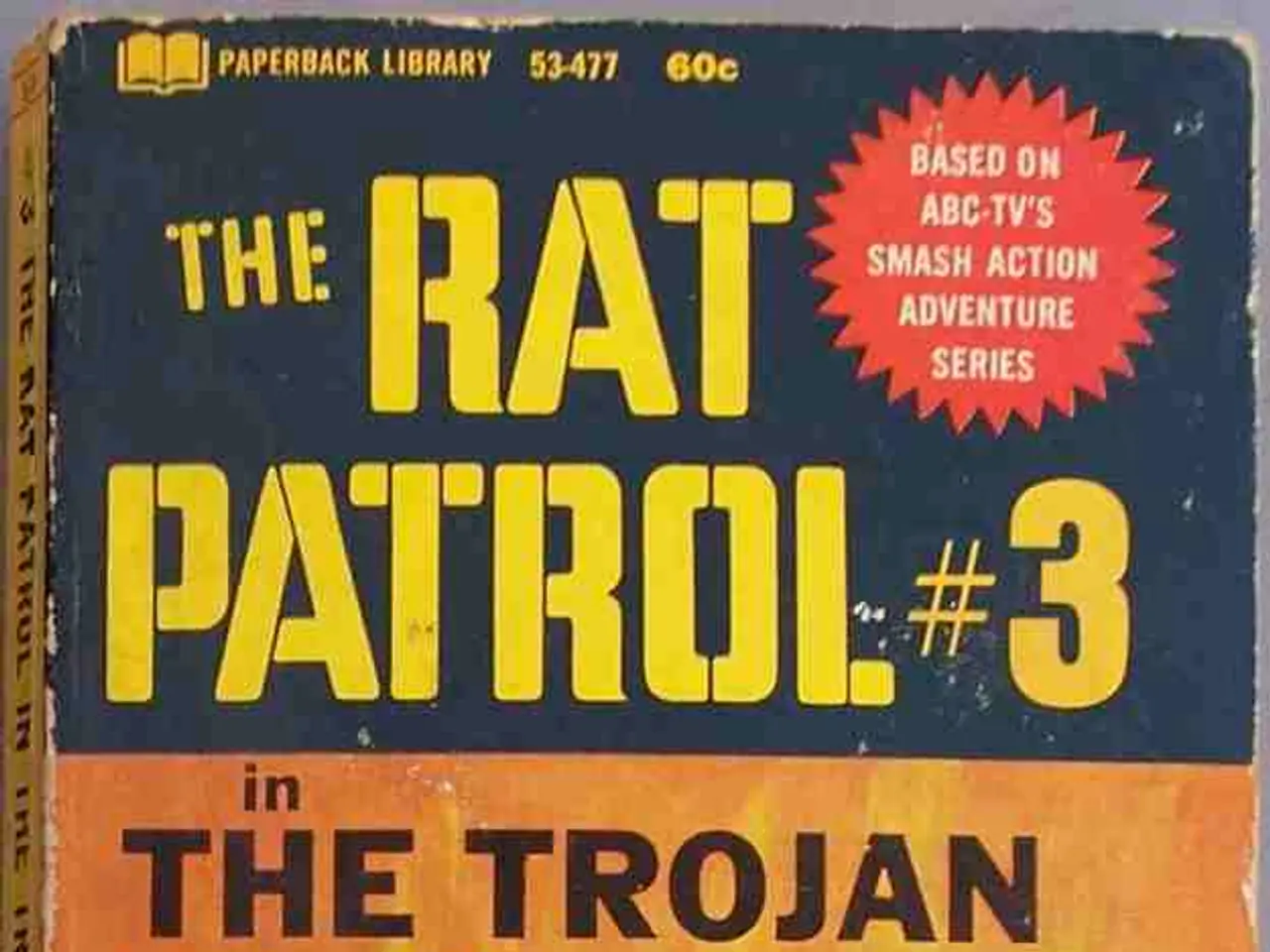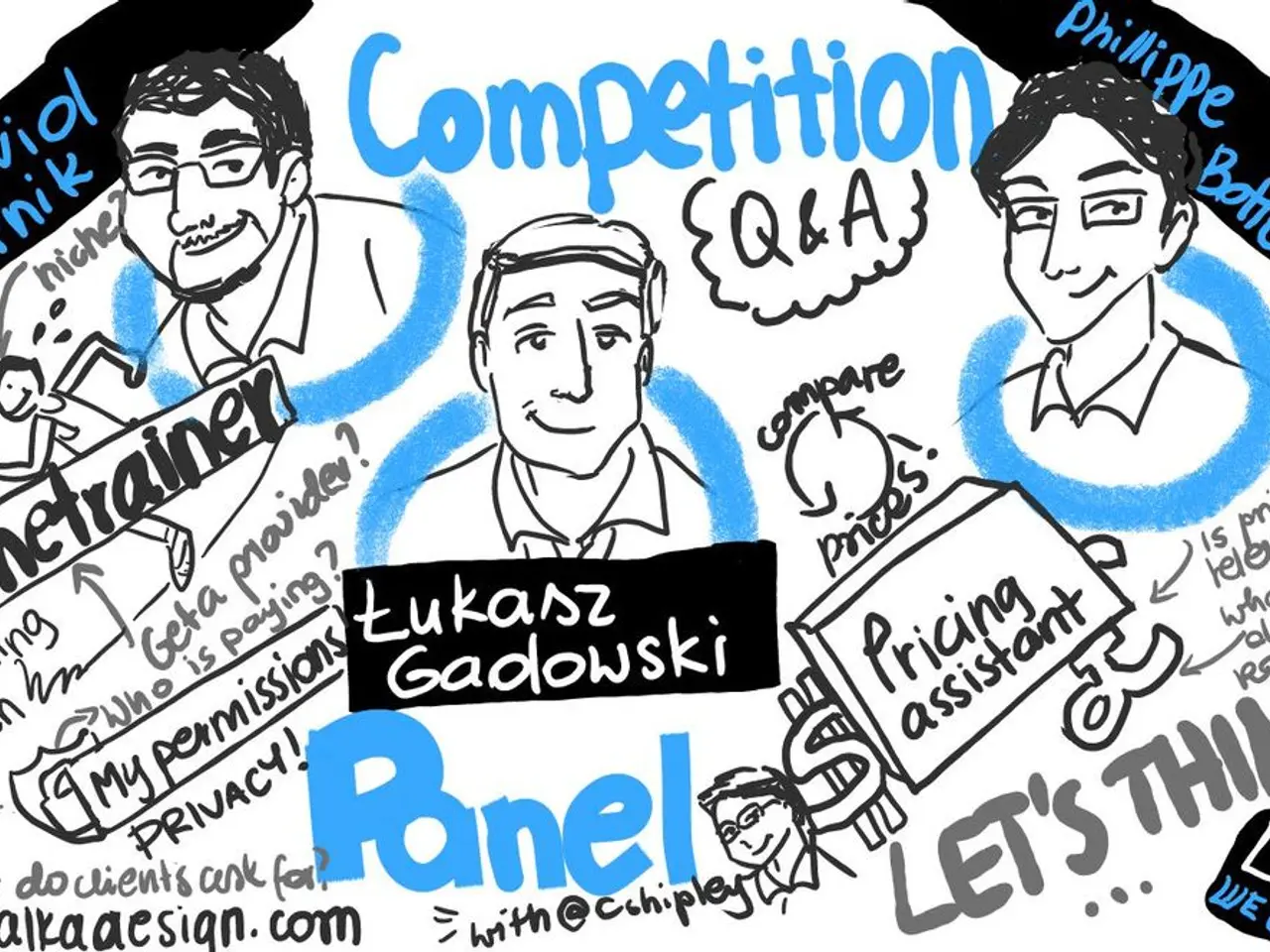New tariffs set by the US government will not come into effect until August 7, according to a government official.
The Court of International Trade in New York has permanently enjoined the tariffs imposed by the U.S. government, ruling them unlawful [1]. This decision came in response to a legal challenge against the imposition of tariffs, specifically the "fentanyl" and reciprocal tariffs tied to a declared national emergency. The court concluded that the International Emergency Economic Powers Act (IEEPA) does not authorize the President to impose these tariffs [1].
However, the Federal Circuit Court temporarily lifted the injunction, allowing the tariffs to remain in effect while the case is appealed [1]. The Federal Circuit heard oral arguments regarding the scope of the President's authority to declare a national emergency and impose tariffs on a wide scale [3].
Appellate judges have expressed doubt and skepticism about the broad use of emergency powers to justify sweeping tariffs, questioning whether the IEEPA and related statutes provide the President the authority claimed [1][3]. This judicial skepticism indicates serious legal hurdles for the government in defending its tariff program.
The case is poised for potential Supreme Court review due to its significant legal and constitutional issues [1][3]. Given the fundamental questions about executive authority and the economic impact of these tariffs, a Supreme Court review is likely if the federal appeals court upholds or reverses the decision in a way that prompts further appeal [1][3].
Meanwhile, the administration has continued to modify and enforce reciprocal tariffs under new executive orders, emphasizing the claimed national security rationale for these measures [2]. However, the legal challenge remains active, with the appellate process ongoing as of August 2025 [1][3].
The new U.S. tariffs on imports from abroad are set to take effect on August 7 [4]. The government official stated that more time is needed to implement the new rules [4]. The tariffs on imports from the EU will be at a rate of 15%, while a 10% tariff will be levied on imports from countries not specifically listed [2]. Canada is an exception, with a 35% tariff to be levied on Canadian imports into the United States [2].
Trump has justified these tariffs by stating that there is an imbalance in trade with other countries that needs to be addressed [5]. He argues that trade deficits with other countries are a national security risk, thus constituting a national emergency [5]. However, the New York court denied the government the authority to impose far-reaching tariffs under the guise of an emergency law [6].
The legal dispute could continue and ultimately end up at the Supreme Court. According to the Washington Post, it could take weeks for a decision in the case [4]. Trump used a law from 1977 to impose the tariffs, which had never been applied for tariffs before [7]. The president accuses the affected trading partners of the U.S. of imposing high tariffs or not opening their markets enough for imports from the United States [5].
In summary, the Court of International Trade has struck down the tariffs as unlawful, but the Federal Circuit Court has temporarily lifted the injunction to allow the tariffs to remain in effect while the case is appealed. The case is poised for potential Supreme Court review due to its significant legal and constitutional issues. Meanwhile, the administration has continued to modify and enforce reciprocal tariffs under new executive orders. The new U.S. tariffs on imports from abroad are set to take effect on August 7, but the legal challenge remains active, with the appellate process ongoing as of August 2025.
The legal challenge against the tariffs, a part of the general news, questions the President's authority to impose such measures under the International Emergency Economic Powers Act (IEEPA) and related statutes, as evidenced in news regarding the Federal Circuit hearing and appellate judges' skepticism. The ongoing judicial scrutiny of the tariffs policy-and-legislation may lead to Supreme Court review, potentially challenging the politics of tariff implementation.





